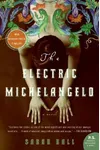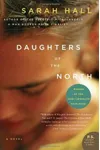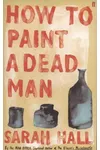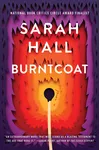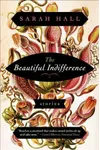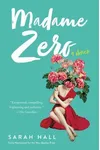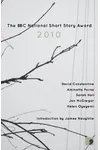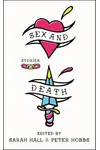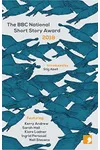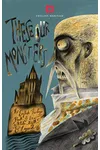Picture a British storyteller who crafts worlds so vivid you can almost taste the Cumbrian rain—meet Sarah Hall! Born in 1974 in Carlisle, England, Hall is a literary dynamo whose novels and short stories blend raw human emotion with breathtaking prose. From the tattooed shores of The Electric Michelangelo to the artistic depths of How to Paint a Dead Man, her work captures the messy beauty of life with a sharp, poetic edge.
The Making of Sarah Hall
Growing up in the rugged landscapes of Cumbria, Sarah Hall was shaped by the region’s stark beauty and tight-knit communities. She studied English and Art History at Aberystwyth University before honing her craft at St Andrews. Her early career as a journalist and poet laid the groundwork for her fiction, which bursts with lyrical intensity. Hall’s debut novel, Haweswater (2002), a haunting tale of a flooded village, announced her as a bold new voice.
Sarah Hall’s Unforgettable Stories
Hall’s novels are like stepping into a painting—vivid, layered, and unforgettable. The Electric Michelangelo (2004), a Booker Prize finalist, follows Cy Parks, a tattoo artist navigating love and loss against the gritty backdrop of Coney Island. How to Paint a Dead Man (2009) weaves four lives around art and mortality, showcasing Hall’s knack for intricate, soulful narratives. Her short story collection Madame Zero (2017) explores desire and transformation with fearless precision, earning her the BBC National Short Story Award. Hall’s style is a masterclass in balancing lush prose with raw human truths, often exploring themes of identity, place, and the body.
Her 2020 novel Burntcoat dives into a pandemic-stricken world, blending love, art, and survival in a way that feels achingly timely. Whether she’s writing about rural England or dystopian futures, Hall’s work pulses with a deep connection to the human experience, making her a standout in contemporary fiction.
Why Sarah Hall Matters
Sarah Hall’s impact lies in her ability to make the ordinary extraordinary. Her stories resonate with readers who crave emotional depth and fearless storytelling. Elected a Fellow of the Royal Society of Literature in 2016, she’s celebrated for pushing the boundaries of literary fiction. Hall’s Cumbrian roots infuse her work with a sense of place that feels universal, inspiring writers and readers to find beauty in the raw edges of life.
- Born: 1974, Carlisle, England
- Key Works: Haweswater, The Electric Michelangelo, How to Paint a Dead Man, Burntcoat
- Awards: Booker Prize finalist, BBC National Short Story Award
Ready to lose yourself in Hall’s world? Grab The Electric Michelangelo and dive into her lyrical, soul-stirring prose!

